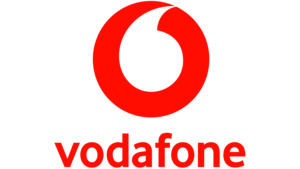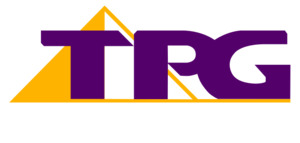Accidentally published a day early but decision is not unexpected.
Consumers would have been worse off imho had the merger been allowed.
https://www.news.com.au/technology/accc-rejects-telco-merger…
Seems they not taking it lying down:
Vodafone Hutchison Australia (VHA) has announced that both it and TPG plan to take legal action in Federal Court as a response to the ACCC's decision of opposition.
“VHA respects the ACCC process, but we believe the merger with TPG will bring very real benefits to consumers. We have therefore decided that VHA should, together with TPG, pursue approval of the merger through the Federal Court," said VHA Chief Executive Officer Iñaki Berroeta
"VHA is an established mobile business with less than one per cent of the fixed broadband market, while TPG is the second largest fixed broadband player with no mobile network," said Mr Berroeta.
"Australia’s mobile market has delivered some of the best outcomes for consumers of any country in the OECD. The merger provides a unique opportunity for VHA and TPG to combine their complementary assets. The merger would create an entity that can compete more aggressively in this highly competitive market than either VHA or TPG could on their own. It is disappointing that the ACCC does not see it this way."


This is a surprise, even for someone who used to work at the ACCC!
I had no involvement in this case personally. The ACCC started getting involved after I had already left, but I think it's a really interesting case. My feeling was that the merger would have been allowed to go ahead as it would have allowed TPG/Vodafone to compete with Telstra and Optus.
Basically, as it stands, I think what will happen in the long run is that we'll see the decline of Vodafone (they've actually never made a profit since starting their operations here in Australia and luckily they didn't get into the landline business early on, they did overseas and got hammered - funny because they're starting to try and offer NBN products now). TPG has been gaining market share significantly and I suspect that most of that share is coming from Optus, given that they're basically playing the role that Optus were playing around 20 years ago (i.e. the cheaper underdog). Vodafone really has nothing more than their towers right now, the fact that, if the merger were to go ahead, the new company would have been called TPG Telecom really says it all about the importance of Vodafone in all of this.
The article does rightly point out that TPG has been quite aggressive in rolling out their mobile division and that would have been accelerated significantly if they were allowed to merge with Vodafone, but that obviously will not happen now. They are already the second largest landline service provider in Australia and are only going to grow moving forward.
My take on all of this is that the two shot themselves in the foot. Basically the reason why the ACCC didn't let them merge would have been because Vodafone has been trying to get a foot into the fixed line market with their NBN services (which won't do well) and TPG is aggressively expanding their mobile division (which is currently pretty small).